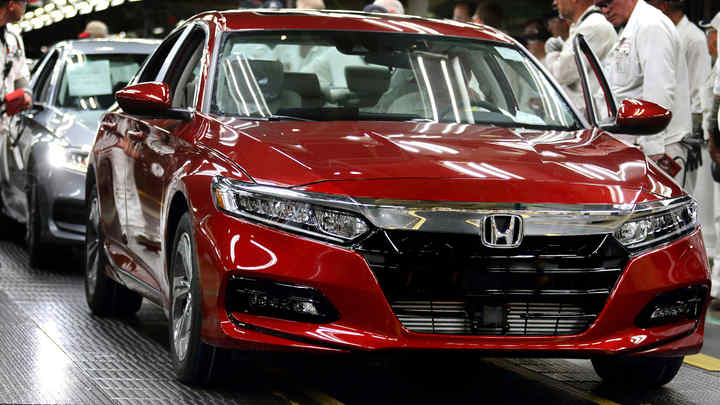The United States aims to negotiate trade agreements to address the threat of national security impairment from auto imports, according to a World Trade Organization (WTO) report.
On May 23, 2018, the U.S. Department of Commerce initiated a Section 232 investigation of automobile imports to determine whether imports of automobiles, including sport utility vehicles, vans and light trucks, and automotive parts into the United States threatened to impair national security as defined in Section 232.
The Commerce Department took into account the increase in the share of imported passenger vehicles sold in the United States from 32% to 48% over the previous 20 years, and the decrease in employment in motor vehicle production of 22% between 1990 and 2017.
It also considered the small share of R&D accounted for by U.S. automakers in the United States (20% of the total), and the fact that U.S. automobile parts manufacturers account for only 7% of that branch of production in the United States.
U.S. Auto Imports
The investigation also analyzed whether the decline in U.S. production of automobiles and auto parts threatens to weaken the U.S. domestic economy, including the potential for this to bring about a reduction in R&D and the number of jobs for skilled workers in the high-tech sector.
In its report issued in February 2019, the Secretary of Commerce found that the effects of excess imports on the domestic automotive and automotive parts industry and the displacement of U.S. production caused a weakening of the U.S. domestic economy that could undermine national security as defined in Section 232.
The Department of Commerce found that the high level of import penetration over the past three decades had severely weakened the U.S. auto industry, as imports had reduced U.S. production of automobiles and auto parts and weakened the domestic manufacturing base.
Overall, the share of global automotive R&D investment attributable to the United States had declined significantly and was a fraction of that of foreign competitors.
Research and development
A further decline in domestic production volumes would further weaken the U.S. contribution to automotive R&D and hamper the industry’s ability to invest in developing the technologies needed to keep the country at the forefront of military capabilities.
The Secretary of Commerce concluded that the quantities and circumstances under which imports of automobiles and certain automotive parts are currently being made were weakening the U.S. domestic economy and threatened to undermine national security as defined in Section 232, and recommended negotiating an agreement or imposing tariffs of up to 35 percent.
The Chairman concurred with the Secretary’s findings and asked the Trade Representation (USTR) to continue to negotiate agreements to address the threat of impairment of national security.

